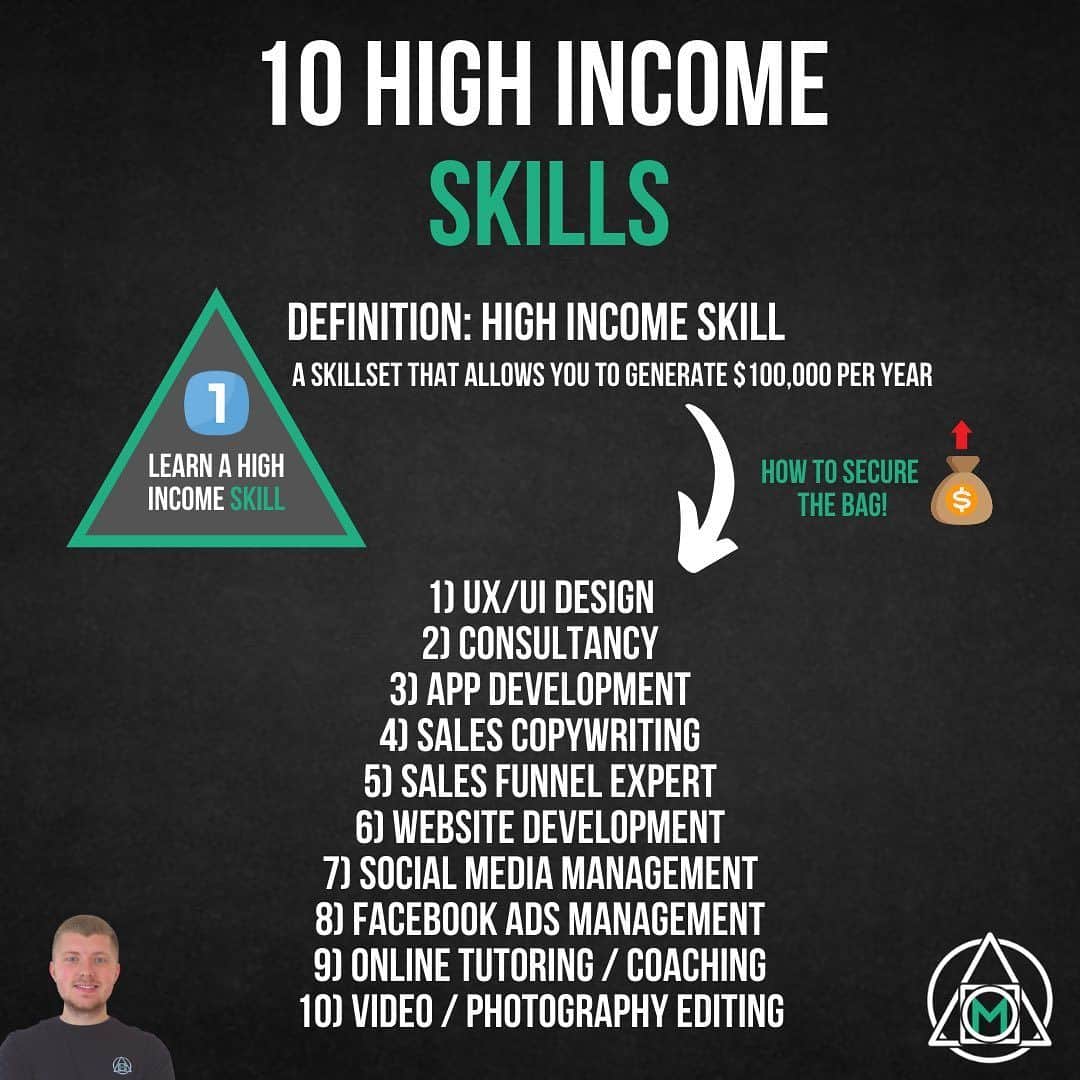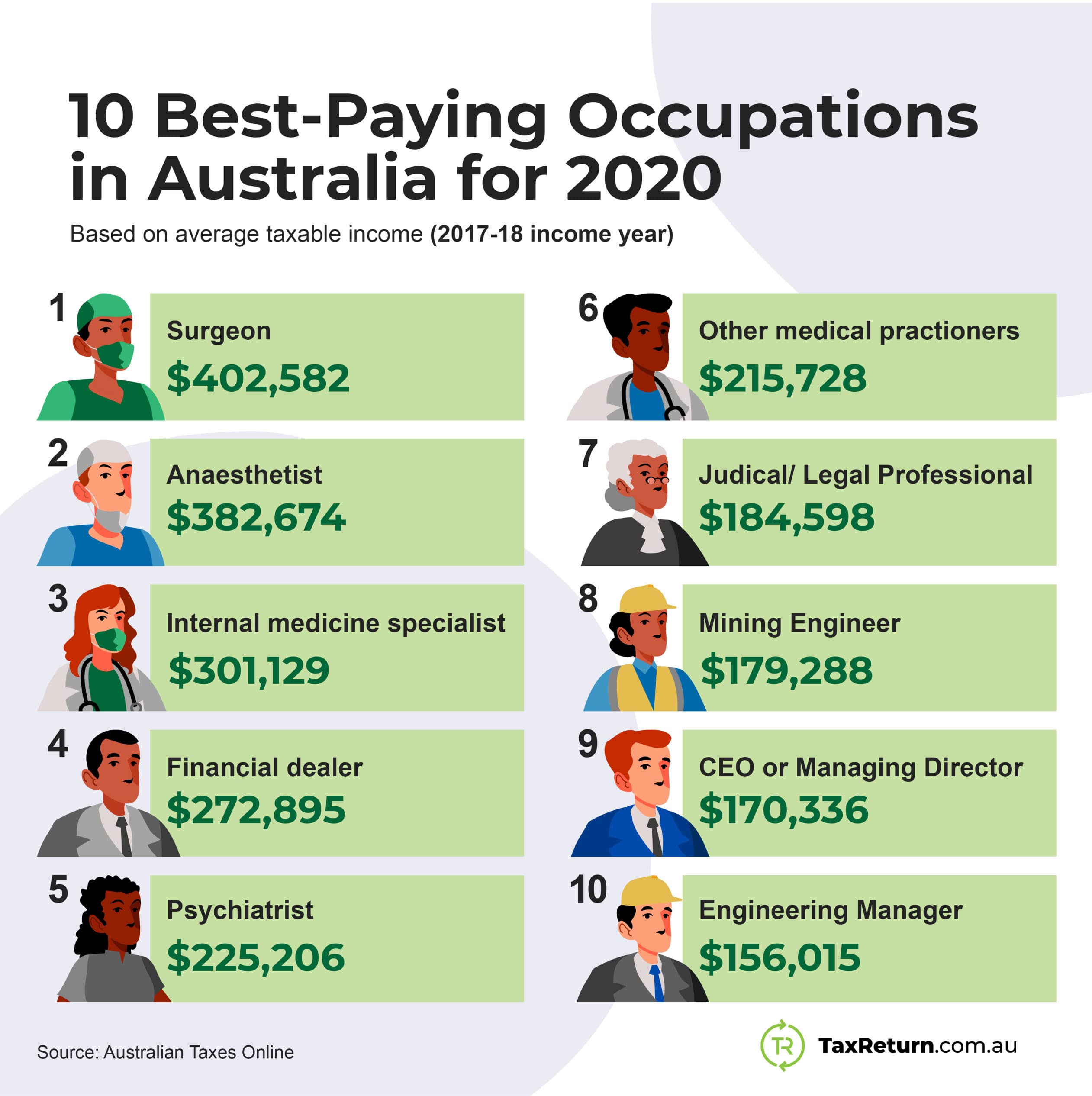What Makes a Profession High-Paying?
When it comes to professions that pay over 100k, several factors contribute to their high salary range. Industry demand is a significant driver, as companies are willing to pay top dollar for professionals with expertise in in-demand fields. For instance, the growing need for healthcare services has led to increased salaries for physicians, dentists, and other medical professionals. Similarly, the rise of technology has created a high demand for skilled professionals in fields like data science, artificial intelligence, and cybersecurity.
Required education and training also play a crucial role in determining a profession’s salary range. Professions that require advanced degrees, such as law or medicine, tend to offer higher salaries due to the significant investment of time and resources required to obtain these qualifications. Additionally, certifications and specialized training can also impact salary potential, as they demonstrate a level of expertise and commitment to the field.
Level of expertise is another critical factor in determining a profession’s salary range. Professionals with specialized skills and experience, such as surgeons or investment bankers, can command high salaries due to their unique expertise and the value they bring to their organizations. Furthermore, professionals who have developed a strong reputation and network within their industry can also negotiate higher salaries and benefits.
Other factors, such as location, industry, and company size, can also influence salary ranges. For example, professionals working in major cities or for large corporations may earn higher salaries than those working in smaller cities or for non-profit organizations. Understanding these factors can help individuals navigate the job market and make informed decisions about their career paths.
How to Land a High-Paying Job: Essential Skills and Qualifications
To succeed in professions that pay over 100k, it’s essential to possess a combination of skills and qualifications that are in high demand. Advanced degrees, such as master’s or doctoral degrees, are often required for high-paying professions like law, medicine, and engineering. Additionally, certifications and specialized training can also be beneficial in demonstrating expertise and commitment to a particular field.
Soft skills, such as leadership, communication, and problem-solving, are also highly valued in high-paying professions. Employers seek professionals who can effectively manage teams, communicate complex ideas, and analyze problems to develop innovative solutions. Furthermore, professionals with strong soft skills are better equipped to navigate the complexities of high-pressure work environments and build strong relationships with colleagues and clients.
In addition to formal education and training, professionals can also develop skills and qualifications through online courses, workshops, and conferences. Staying up-to-date with industry trends and developments is crucial in high-paying professions, where technological advancements and innovations can rapidly change the landscape. By investing in ongoing education and training, professionals can stay competitive and increase their earning potential.
Other essential skills and qualifications for high-paying professions include data analysis, digital literacy, and foreign language proficiency. As the global economy becomes increasingly interconnected, professionals who can communicate effectively across cultures and languages are in high demand. Moreover, professionals with expertise in data analysis and digital technologies can drive business growth and innovation, making them highly valuable to organizations.
By focusing on developing a strong combination of skills and qualifications, professionals can increase their chances of landing high-paying job opportunities and advancing in their careers. Whether through formal education, online training, or self-directed learning, investing in skills development is essential for success in professions that pay over 100k.
Top Professions with Salaries Exceeding $100,000
Professions that pay over 100k are often in high demand and require specialized skills and education. Here are some of the top professions with salaries exceeding $100,000:
1. Physicians: Median salary $208,000 – $621,000 per year. Physicians are among the highest-paid professionals, with specialties like orthopedic surgery and cardiology commanding top dollar.
2. Lawyers: Median salary $144,530 – $250,000 per year. Lawyers, particularly those specializing in corporate law and intellectual property law, can earn high salaries.
3. Dentists: Median salary $156,240 – $300,000 per year. Dentists, especially those with specialized training in orthodontics and oral surgery, can earn high salaries.
4. Chief Executives: Median salary $203,170 – $1 million per year. Chief executives, including CEOs and CFOs, are among the highest-paid professionals, with salaries varying widely depending on the company and industry.
5. Petroleum Engineers: Median salary $138,980 – $250,000 per year. Petroleum engineers, who develop methods for extracting oil and natural gas, are in high demand and can earn high salaries.
6. Air Traffic Controllers: Median salary $124,500 – $175,000 per year. Air traffic controllers, who ensure the safe takeoff and landing of aircraft, are highly paid professionals.
7. Pharmacists: Median salary $126,120 – $150,000 per year. Pharmacists, who dispense medication and advise patients on its use, are in high demand and can earn high salaries.
8. Data Scientists: Median salary $118,000 – $170,000 per year. Data scientists, who analyze complex data to inform business decisions, are in high demand and can earn high salaries.
These professions often require advanced degrees, specialized training, and significant experience. However, for those who are willing to invest in their education and training, the rewards can be substantial.
The Role of Experience and Networking in High-Paying Careers
Gaining relevant work experience and building a professional network are crucial steps in securing high-paying job opportunities in professions that pay over 100k. Employers often look for candidates with a proven track record of success and a strong network of contacts in their industry.
Work experience provides valuable skills and knowledge that can be applied to high-paying careers. It also demonstrates to employers that a candidate is committed to their profession and has a strong work ethic. Additionally, work experience can provide opportunities to build a professional network, which can lead to job opportunities, mentorship, and access to industry events and conferences.
Networking is also essential in high-paying careers. Building relationships with colleagues, peers, and industry leaders can provide access to job opportunities, advice, and guidance. Attend industry events, join professional organizations, and connect with people on LinkedIn to build a strong network.
Many high-paying professions require a minimum amount of work experience, often 5-10 years, before candidates can be considered for senior roles. For example, to become a chief executive, one typically needs to have at least 10 years of experience in a related field. Similarly, to become a partner in a law firm, one typically needs to have at least 5-7 years of experience as a lawyer.
In addition to work experience and networking, having a strong personal brand can also be beneficial in securing high-paying job opportunities. This includes having a professional online presence, such as a LinkedIn profile, and being active on industry-related social media platforms.
By gaining relevant work experience, building a professional network, and having a strong personal brand, individuals can increase their chances of securing high-paying job opportunities in professions that pay over 100k.
https://www.youtube.com/watch?v=pivve0rwx7M
Emerging High-Paying Professions: Trends and Opportunities
The job market is constantly evolving, and new high-paying professions are emerging in various industries. Some of the most promising emerging high-paying professions include data science, artificial intelligence, and renewable energy. These fields offer high salary potential and are expected to experience significant growth in the coming years.
Data science is a rapidly growing field that involves collecting, analyzing, and interpreting complex data to inform business decisions. Data scientists are in high demand, and their salaries can range from $118,000 to over $170,000 per year. To become a data scientist, one typically needs to have a bachelor’s degree in a quantitative field, such as mathematics or computer science, and a strong understanding of statistical analysis and machine learning.
Artificial intelligence is another emerging high-paying profession that involves designing and developing intelligent systems that can perform tasks that typically require human intelligence. AI engineers can earn salaries ranging from $125,000 to over $200,000 per year. To become an AI engineer, one typically needs to have a bachelor’s degree in computer science or a related field and a strong understanding of machine learning and programming languages such as Python and Java.
Renewable energy is a growing industry that involves developing and implementing sustainable energy solutions, such as solar and wind power. Renewable energy engineers can earn salaries ranging from $90,000 to over $160,000 per year. To become a renewable energy engineer, one typically needs to have a bachelor’s degree in a field such as mechanical engineering or environmental science and a strong understanding of energy systems and sustainability.
Other emerging high-paying professions include cybersecurity, cloud computing, and healthcare technology. These fields offer high salary potential and are expected to experience significant growth in the coming years. By pursuing a career in one of these emerging high-paying professions, individuals can position themselves for success and earn a high salary in a field that aligns with their values and interests.
Education and Training for High-Paying Professions
Professions that pay over 100k often require advanced education and training. Many high-paying careers require a graduate degree, such as a master’s or doctoral degree, in a specific field. For example, physicians, lawyers, and dentists typically require a doctoral degree, while engineers and scientists may require a master’s degree.
In addition to formal education, many high-paying professions also require specialized training and certifications. For example, IT professionals may need to obtain certifications in specific technologies, such as Cisco or Microsoft, while healthcare professionals may need to obtain certifications in areas such as nursing or medical assisting.
Online courses and training programs are also available for many high-paying professions. These programs can provide individuals with the skills and knowledge needed to succeed in a particular field, and can often be completed in a shorter amount of time than traditional degree programs.
Some examples of educational requirements and training programs for high-paying professions include:
– Physicians: Doctoral degree in medicine (M.D. or D.O.), completion of a residency program, and licensure to practice medicine.
– Lawyers: Juris Doctor (J.D.) degree, completion of a bar exam, and licensure to practice law.
– Engineers: Bachelor’s or master’s degree in engineering, completion of a certification program, and licensure to practice engineering.
– Data Scientists: Bachelor’s or master’s degree in computer science, statistics, or mathematics, completion of a certification program, and experience working with data analysis and machine learning.
By investing in education and training, individuals can position themselves for success in high-paying professions and increase their earning potential.
Work-Life Balance in High-Paying Careers: Challenges and Strategies
Professions that pay over 100k often come with high demands and expectations, making it challenging to maintain a healthy work-life balance. Long working hours, high levels of stress, and pressure to perform can take a toll on one’s physical and mental health.
One of the main challenges of maintaining a work-life balance in high-paying careers is the blurred lines between work and personal life. With the constant availability of technology, it can be difficult to disconnect from work-related tasks and responsibilities. Additionally, the pressure to constantly perform and deliver results can lead to burnout and exhaustion.
However, there are strategies that can help individuals in high-paying careers maintain a healthy work-life balance. One approach is to set clear boundaries between work and personal life, such as not checking work emails or taking work calls during non-work hours. Another approach is to prioritize self-care and make time for activities that bring joy and relaxation, such as exercise, hobbies, or spending time with loved ones.
It’s also important to recognize that taking breaks and time off is essential for productivity and performance. Taking regular breaks can help individuals recharge and come back to their work with renewed energy and focus. Additionally, taking time off can help individuals relax and reduce stress, leading to improved overall well-being.
Some high-paying careers that are known for having a better work-life balance include:
– Data scientists: With the ability to work remotely and flexible hours, data scientists can often maintain a healthy work-life balance.
– Software engineers: With the ability to work on a variety of projects and have flexible hours, software engineers can often maintain a healthy work-life balance.
– Physicians: While physicians often work long hours, many hospitals and medical organizations are now prioritizing work-life balance and offering flexible scheduling and telemedicine options.
By prioritizing work-life balance and taking steps to manage stress and maintain a healthy lifestyle, individuals in high-paying careers can achieve success and fulfillment without sacrificing their overall well-being.
Conclusion: Pursuing a High-Paying Career with Purpose and Passion
In conclusion, professions that pay over 100k offer a range of benefits, including financial stability, personal fulfillment, and opportunities for growth and development. However, securing a high-paying job requires a combination of skills, qualifications, and experience.
By understanding the factors that contribute to a profession’s high salary range, such as industry demand, required education and training, and level of expertise, individuals can make informed decisions about their career choices. Additionally, developing essential skills and qualifications, such as advanced degrees, certifications, and soft skills like leadership and communication, can increase one’s chances of securing a high-paying job.
Emerging industries and professions, such as data science, artificial intelligence, and renewable energy, offer high salary potential and opportunities for growth and development. Furthermore, education and training programs, including graduate degrees, certifications, and online courses, can provide individuals with the skills and knowledge needed to succeed in high-paying careers.
Ultimately, pursuing a high-paying career requires a combination of hard work, dedication, and passion. By aligning one’s career choices with their values, skills, and interests, individuals can achieve success and fulfillment in their chosen profession.
Remember, securing a high-paying job is just the first step. Maintaining a healthy work-life balance, managing stress, and continuously developing one’s skills and knowledge are essential for long-term success and fulfillment in high-paying careers.







